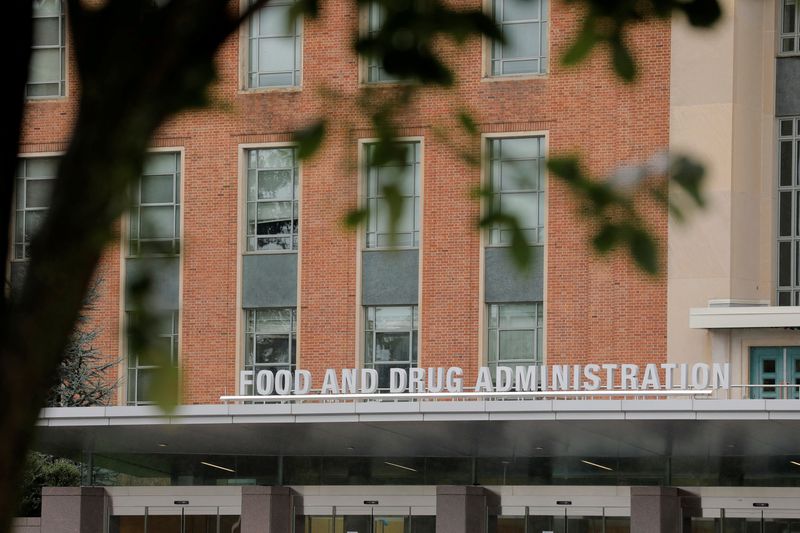(Reuters) - The U.S. Food and Drug Administration on Wednesday approved Mesoblast (NASDAQ:MESO)'s cell therapy for treating a type of complication that occurs after a stem cell or bone marrow transplant called graft-versus-host disease (GVHD).
The therapy, branded as Ryoncil, is the first mesenchymal stromal cell therapy approved to treat pediatric patients aged two months and older whose GVHD symptoms have not responded to standard steroid therapy.
The company did not immediately respond to Reuters request for comment on pricing and availability.
GVHD is a complication that might occur after a cell transplant, where the donated stem cells attack the recipient’s cells, viewing them as an unfamiliar threat.
Mesenchymal stromal cells are spindle-shaped cells that can have various roles in the body and can differentiate into multiple other types of cells. The cells are isolated from the bone marrow of healthy adult human donors.

The FDA advises the treating physician should monitor the Ryoncil infusion, and discontinue it if there is any evidence of a reaction such as shortness of breath, low blood pressure, fever, or rapid breathing, among others.
Last year, the U.S. health regulator declined to approve the therapy as it required more data to support marketing approval.